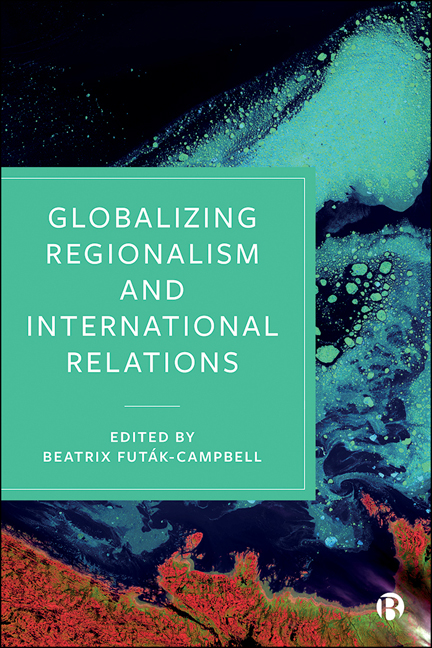2 - A Global Perspective on Pan Movements: Regional Anomalies or Abnormal Regions?
Published online by Cambridge University Press: 21 December 2021
Summary
Regional pan movements (Pan-Slavism, Pan-Islamism, Pan-Africanism and so on), which proliferated in the late 19th and early 20th centuries, were a hugely popular genre of political affiliation (O’Loughlin and van der Wusten, 1990). They appealed to supranational identities unified by ethnic, religious, geographical or other forms of likeness, especially in places where that unity was disrupted by political, geographical, territorial, national and international division and borders. Thereby, pan movements existed and indeed bloomed in the spaces between states, nations and empires. These movements were each distinct in their politics, in their formalized structures, appeal and reach. While at times pan movements were imperialistic, supported by various geopolitical theorists, they were also vehicles for emancipatory and anti-colonial politics, with pan-national movements in particular serving as important vehicles for transnational relations and creating a sense of regional identity and cohesion (Acharya, 2012; Sorrels, 2016). Despite the popular appeal of pan movements throughout the 20th century, most groups and their ideologies had almost or entirely dissipated by century's end. This chapter sets out to investigate the lasting effects of two of the largest global pan movements, Pan-Asianism and Pan-Africanism and examine their lasting contributions to the debates surrounding the process of Globalizing IR. To situate them in the context of a global perspective on regionalism in international relations, the chapter raises three key questions: how did these two movements function to advance ideas about anti-colonialism and anti-imperialism? How did they take inspiration from each other, and function to both resist and accelerate region-specific nationalism and internationalism? And in the postcolonial world, how can their lasting effects on global order be traced and understood? By focusing the analysis of these two groups around these issues and investigating the agency they granted to various actors at specific moments, it is argued that pan movements have had a largely unrecognized impact on the shape and form of global order, with lasting impacts today.
As early as 1819, the Pan-American political leader Simón Bolívar created the first union of independent states in Latin America, establishing a long tradition of strong regional identity across the continent (Arana, 2013; Davis, 2018; Ingulstad and Lixinski, 2018). So too in Asia did leaders from Jawaharlal Nehru in India to Ozaki Yukio and Kagawa Toyohiko in Japan promote variants of world federalism from 1858 onwards (Acharya, 2012; Lawson, 2018).
- Type
- Chapter
- Information
- Globalizing Regionalism and International Relations , pp. 27 - 48Publisher: Bristol University PressPrint publication year: 2021



